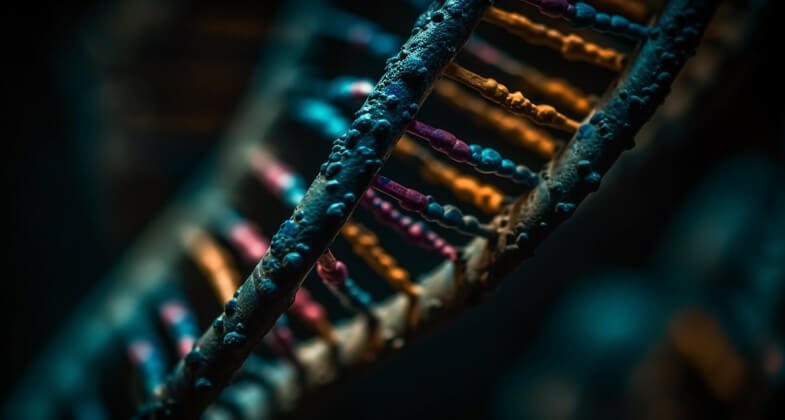The FDA has granted a new marketing authorization for the DNA Test for Cancer, an innovative in vitro diagnostic test designed to detect hundreds of genetic variants associated with an increased risk of various types of cancer. This pioneering test is the first of its kind to receive FDA marketing authorization.
A New Era in Cancer Detection
The Invitae Common Hereditary Cancers Panel assesses DNA extracted from a blood sample and identifies variants in 47 genes associated with an elevated risk of specific cancer types.
information can aid healthcare providers in offering better monitoring and potential therapy options based on the patient’s genetic predisposition.
Addressing the Complexity of Cancer
Cancer is a complex disease with over 100 documented types, making it the second leading cause of death in the United States.
The ability to identify inherited factors contributing to different types of cancer can significantly impact prevention and early intervention efforts.
Understanding the dna test for cancer
However, it’s important to note that this test does not evaluate all known genes associated with cancer predisposition.
Patients are advised to consult with healthcare professionals, including genetic counselors, to discuss their personal and family cancer history, which can aid in interpreting the test results.
Putting the Test into Action
The Invitae Common Hereditary Cancers Panel is administered at the point of care, typically in a doctor’s office, and the specimen is sent to a laboratory for analysis.
The test relies on a rigorous analytical and clinical interpretation process, drawing upon published literature, public databases, prediction programs, and Invitae’s internal curated variants database.
Some of the most significant genes it identifies are BRCA1 and BRCA2, known for their links to hereditary breast and ovarian cancer syndrome, as well as genes associated with Lynch syndrome, diffuse gastric cancer, lobular breast cancer, and Peutz-Jeghers Syndrome.
Assessing Risks and Benefits
While this test offers immense potential, there are inherent risks associated with any genetic test, including the possibility of false positive and false negative results, as well as potential misinterpretation of results.
False negatives might give individuals a false sense of security, leading to inadequate surveillance and clinical management, while false positives could prompt inappropriate healthcare decisions.
Furthermore, as the test doesn’t cover all known cancer predisposition genes, patients must understand that genetics is only one factor contributing to cancer development.
Stringent Controls for Patient Safety
To mitigate these risks, the FDA has established special controls for labeling and performance testing.
The test must meet stringent accuracy requirements for reporting various genetic variants, ensuring patient safety and effectiveness.
A New Regulatory Landscape
This groundbreaking authorization also establishes a new regulatory classification, making it easier for similar devices with the same intended use to obtain marketing authorization in the future through the FDA’s 510(k) premarket process.
This could expedite the development and approval of similar tests, potentially benefiting patients and healthcare providers alike.
The FDA’s decision to grant marketing authorization for the Invitae Common Hereditary Cancers Panel marks a significant step forward in the field of cancer detection and personalized medicine.
Offering individuals valuable insights into their genetic predisposition to cancer and guiding healthcare providers toward more tailored approaches to care.
READ TOO:
> 2023 Nobel Prize In Medicine For Discovery Of MRNA Vaccine
> First 3D Printed Vegan Salmon Arrives In European Supermarkets
> Hemorrhoids: How To Treat, Symptoms, Causes, And Prevention




